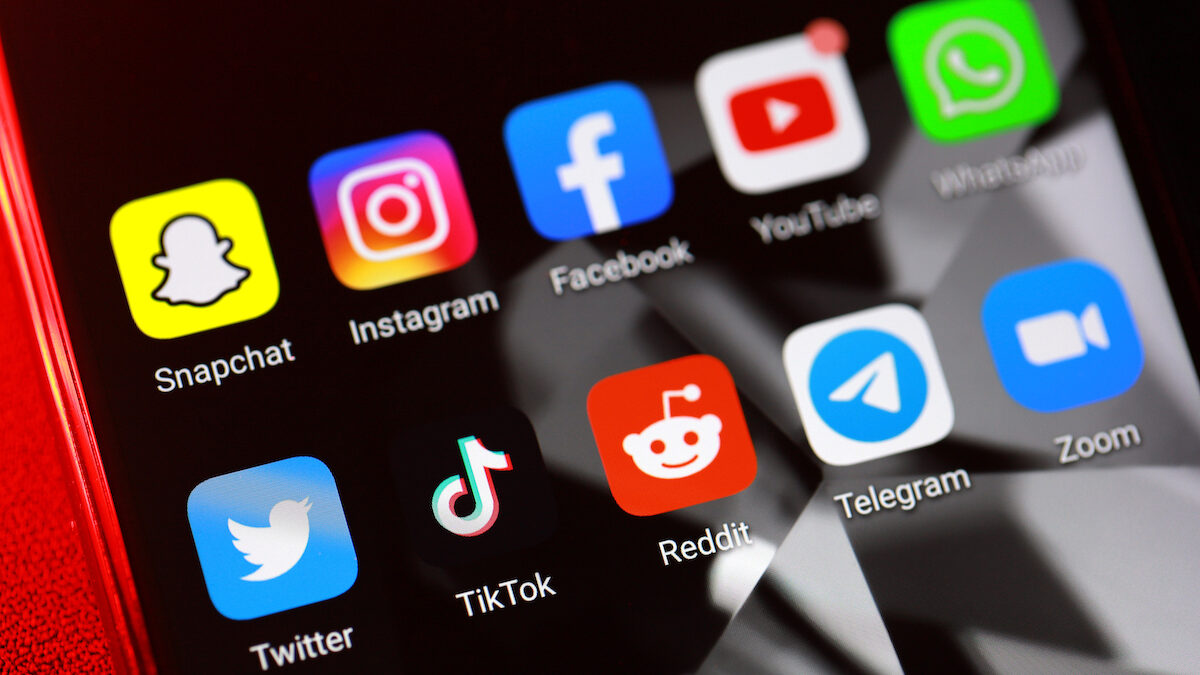Mark Zuckerberg, the founder and chief executive of Facebook, says that he is directing the company to become a “privacy-focused messaging and social networking platform”.
In a post on Facebook, Zuckerberg said that the network, along with Instagram which the company bought for $1bn in 2012, had “helped people connect with friends, communities, and interests in the digital equivalent of a town square.
“But people increasingly also want to connect privately in the digital equivalent of the living room. As I think about the future of the internet, I believe a privacy-focused communications platform will become even more important than today’s open platforms. Privacy gives people the freedom to be themselves and connect more naturally, which is why we build social networks.”
He said that public social networks “will continue to be very important in people’s lives – for connecting with everyone you know, discovering new people, ideas and content, and giving people a voice more broadly”.
But, he added, “with all the ways people also want to interact privately, there’s also an opportunity to build a simpler platform that’s focused on privacy first”.
Zuckerberg acknowledged that “many people don’t think Facebook can or would even want to build this kind of privacy-focused platform – because frankly we don’t currently have a strong reputation for building privacy protective services, and we’ve historically focused on tools for more open sharing.
“But we’ve repeatedly shown that we can evolve to build the services that people really want, including in private messaging and stories.
“I believe the future of communication will increasingly shift to private, encrypted services where people can be confident what they say to each other stays secure and their messages and content won’t stick around forever. This is the future I hope we will help bring about.
“We plan to build this the way we’ve developed WhatsApp: focus on the most fundamental and private use case – messaging – make it as secure as possible, and then build more ways for people to interact on top of that, including calls, video chats, groups, stories, businesses, payments, commerce, and ultimately a platform for many other kinds of private services.”
Zuckerberg said that this “privacy-focused” platform will be built around certain principles; ‘private interactions as a foundation’, ‘encryption and safety’, ‘reducing permanence’, ‘interoperability’, and ‘secure data storage’.
He said: “Over the next year and beyond, there are a lot more details and tradeoffs to work through related to each of these principles. A lot of this work is in the early stages, and we are committed to consulting with experts, advocates, industry partners, and governments – including law enforcement and regulators – around the world to get these decisions right.
“At the same time, working through these principles is only the first step in building out a privacy-focused social platform. Beyond that, significant thought needs to go into all of the services we build on top of that foundation – from how people do payments and financial transactions, to the role of businesses and advertising, to how we can offer a platform for other private services.
“But these initial questions are critical to get right. If we do this well, we can create platforms for private sharing that could be even more important to people than the platforms we’ve already built to help people share and connect more openly.
“Doing this means taking positions on some of the most important issues facing the future of the internet. As a society, we have an opportunity to set out where we stand, to decide how we value private communications, and who gets to decide how long and where data should be stored.
“I believe we should be working towards a world where people can speak privately and live freely knowing that their information will only be seen by who they want to see it and won’t all stick around forever. If we can help move the world in this direction, I will be proud of the difference we’ve made.”




